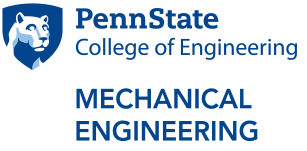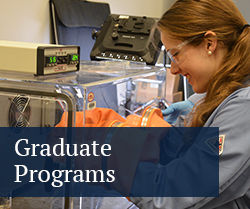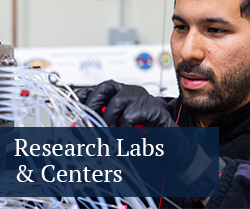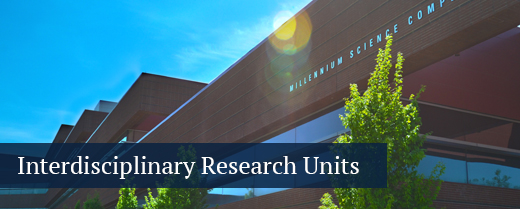Biomechanics and Biodevices
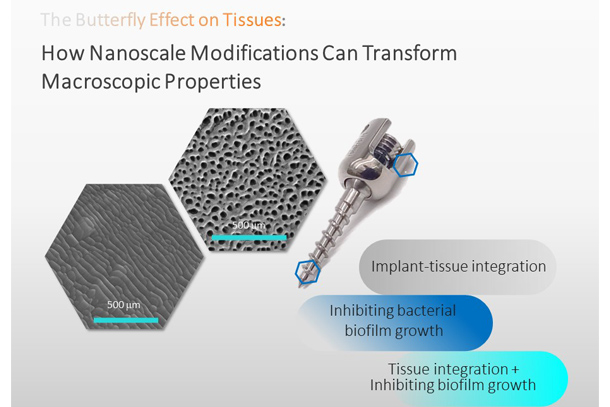
Biomechanics and biodevices faculty focus on fundamental research and implementation of various engineering principles in the conception, design, development, analysis and operation of biomedical and biotechnological systems and applications. Areas of interest and focus include:
- Computational methods in biomechanics and bioengineering
- Experimental testing and characterization ranging from organ to cell level
- Combining medical imaging and mechanics for evaluating tissue pathologies and optimizing clinical procedures
- Designing and optimizing clinical devices
- Transition of technology to clinical setting
Biomechanics and Biodevices Sample Work
-
Fan, J., Vargas, L., Kamper, D. G., & Hu, X. (2023). Robust neural decoding for dexterous control of robotic hand kinematics. Computers in Biology and Medicine, 107139. doi.org/10.1016/j.compbiomed.2023.107139
-
Galvin, S., Yanalitis, R. K., Leon, E., Winder, J., Haluck, R., von Lockette, P., & Moore, J. Z. (2023). Design of the Novel Single Incision, Free Motion Laparoscopic Surgical System. Journal of Medical Devices, 17(2). doi.org/10.1115/1.4062178
-
Heatherington, E. X. Zhao, N. Goyal, Z. Ounaies, and M. Frecker, 2022. On the design and testing of an origami-inspired nasal cover: Mitigating aerosol risks during endoscopic sinus procedures, ASME Journal of Medical Devices, 16 (4). doi.org/10.1115/1.4055251.
-
Kumru, H. T., Attaluri, A., Gordin, V., & Cortes, D. (2023). Finite Element Simulation of Proportional, Integral, and Derivative-Controlled Bipolar Radiofrequency Ablation of Porcine Spinal Muscle. Journal of Engineering and Science in Medical Diagnostics and Therapy, 6(2), 021006.
-
Menghani, R.R.; Das, A.; Kraft, R.H. A sensor-enabled cloud-based computing platform for computational brain biomechanics. Comput. Methods Programs Biomed. 2023, 233, 107470. doi.org/10.1016/j.cmpb.2023.107470
Research Super Groups
- Bioinspired and Multifunctional Materials, Systems, & Structures
- Biomechanics & Biodevices
- Complex Flows
- Engineering Education Research
- Advance Energy Systems
- Product Design & Manufacturing
- Systems, Controls, & Robotics
- Turbomachinery & Propulsion

